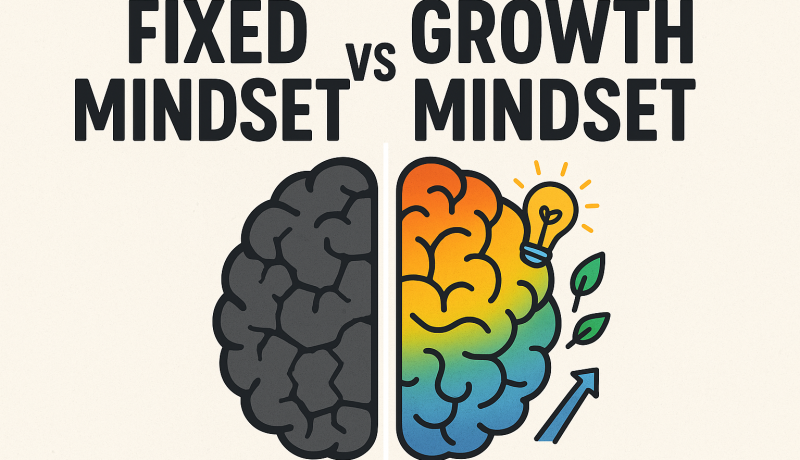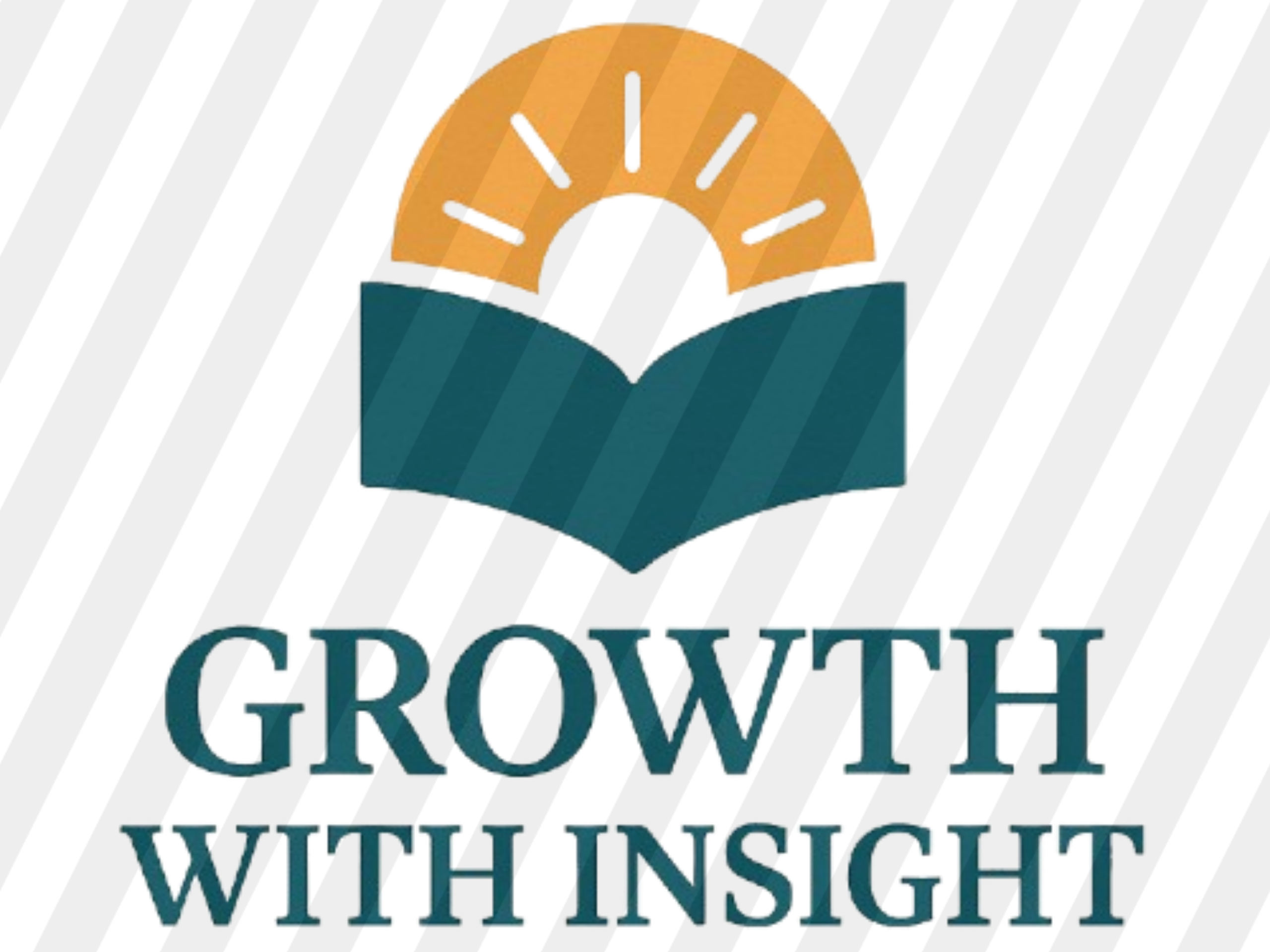
Assessing Fixed and Growth Mindset: Unlock Your Potential
In today’s rapidly growing modern world, your mindset is a key factor is shaping your future success. According to popular Psychologist Carol Dweck, people’s mindsets are categorised into the fixed mindset and growth mindset. The mindset you carry along can be influenced by different factors, like how you grew up and how you analyze life.
Table Of Content
- What is a fixed mindset?
- Characteristics of a Fixed Mindset
- What is a Growth Mindset?
- Examples of Growth Mindset Traits
- Impact of Mindset on Education
- Fixed Mindset In Teachers
- Fixed Mindset In Students
- Growth Mindset In Teachers
- Growth Mindset In Students
- Impact of Mindset in the Workplace
- Fixed Mindset at Work
- Growth Mindset At Work
- Mindset in Relationships
- Fixed Mindset In Relationships
- Growth Mindset In Relationships
- Practical Applications of Growth Mindset in Everyday Life
- 1. For Students
- 2. Professionals at the workplace
- 3. For Personal Growth
- Conclusion
The mindsets we carry along affect how we perceive opportunities, our potential, and challenges in work, life, school, education, personal development, and many other sectors of life.
In this article, we are going to explore the fixed mindset vs growth mindset in detail, and their impact on different areas of life.
What is a fixed mindset?
Individuals with a fixed mindset believe that growth, intelligence, and skills are never-changing traits. They convinced themselves to believe that we are born with a certain level of intelligence, and however much we try, we cannot change it.
In return, this mindset affects the way people view failure, making them avoid challenges since they fear failure. Another fixed mindset definition is the effect on how people perceive setbacks as life-threatening instead of opportunities to learn, improve and grow.
Characteristics of a Fixed Mindset
- They avoid challenging and difficult tasks because they fear failure and believe they have a self image to protect. This can be brought about by a lack of confidence in oneself.
- These individuals chase quick wins because they believe effort is a waste of time and resources, since they are stuck in their comfort zone.
- They take criticism personally rather than constructively.
- They feel threatened by the success of others, since they are too lazy to put in the required effort to achieve the results.
What is a Growth Mindset?
On the other hand, individuals with a growth mindset strongly believe that both skills and knowledge, and intelligence, can be developed through repeated practice, continuous effort, and resilience. People with this mindset are not scared of challenges and failures rather perceive them as opportunities for self-assessment and improvement.
Examples of Growth Mindset Traits
- They view challenges as failures as learning points
- They firmly understand that for any meaningful success, effort is required.
- They are not self-protective, but rather encourage feedback as they view it as constructive criticism.
- They are not intimidated by the success of others, rather pick an inspiration from it.
Impact of Mindset on Education
At all levels of education, mindset plays an important role for both the teachers and the students. It shapes both the learning and information transfer process.
Fixed Mindset In Teachers
Teachers with a fixed mindset most probably give up on their students after failing their subjects. This is because they conclude that maybe the students are not good enough.
Fixed Mindset In Students
Students with a fixed mindset most probably give up on improvement, too after being faced with challenges like failing an English test. This can make a student conclude that they are not good enough for the subject, which is a hindrance to self-growth and development.
Growth Mindset In Teachers
Alternatively, teachers with a growth mindset most time get the most out of their students. They tend to give all their students time because they believe that an individual can get better with persistence and effort.
Growth Mindset In Students
Students who carry a growth mindset are most likely going perceive failure differently. When he or she fails a test, they won’t conclude that they are not good enough. Rather will find reasons why they failed and how they can improve, creating room for growth and personal development.
Impact of Mindset in the Workplace
In a workplace environment, mindset is so important because it determines how employers and employees coordinate on the pursuit of their objectives. It determines how they face challenges, find solutions to problems, and also the feedback delivery path.
Fixed Mindset at Work
An employee with a fixed mindset will most probably display these characteristics.
- They will shy away from contributing solutions because they have a fear of failure.
- These employees tend to avoid demanding tasks and often go for the tasks that require the least effort. This mindset negatively affects the company’s progress and the individual’s personal development journey.
Growth Mindset At Work
However, employees with a growth mindset at work are committed to lifelong learning. This is because they believe learning never ends and that you can learn something new every day. These people consult with their superiors, engage in mentorships, and most importantly, use lessons from failures as fuel for personal development. They are collaborative and have no fear of trying as long as learning is involved.
Mindset in Relationships
One’s mindset also plays an important role in maintaining relationships, be it friendships, courtship, or many others.
Fixed Mindset In Relationships
Individuals with a fixed mindset in relationships display traits like poor communication skills, because they believe that people cannot change. This, in turn, leads to conflicts and failed relationships.
Growth Mindset In Relationships
Relationships involving people with a growth mindset tend to be long-lasting. This is because they know how to practice patience and value the benefits of effort. They also do not view setbacks as threats and, therefore, will be willing to work out any challenges that arise in their relationship.
Practical Applications of Growth Mindset in Everyday Life
1. For Students
- You should change the way you view the significance of assignments and results. You can consider an assignment as a way to improve knowledge on a subject rather than a test of intelligence.
- You should also change how to perceive poor marks below average. You must be willing to put in more effort and study harder rather than giving up because of one failed test.

2. Professionals at the workplace
- All employees and employers should be willing to receive constructive criticism instead of thinking they are always right.
- They should be willing to work in teams, as collaboration is a key feature of developing a growth mindset at work. This keeps you learning and engaged.
3. For Personal Growth
All individuals should carry a journal to note down the challenges they face and how those challenges affect their lives. This helps you assess if the challenges are pushing you further from your goals or providing you with the lessons you need to improve.
Conclusion
A growth mindset vs a fixed mindset are direct opposites. While a fixed mindset limits growth, effort, and resilience, a growth mindset fosters adaptability, continuous improvement, and small steps. Mindset is important in different fields of life, like work, relationships, and education, as it shapes our paths. Share with us how you expect to implement the growth mindset in your own journey in the comment section below.





No Comment! Be the first one.